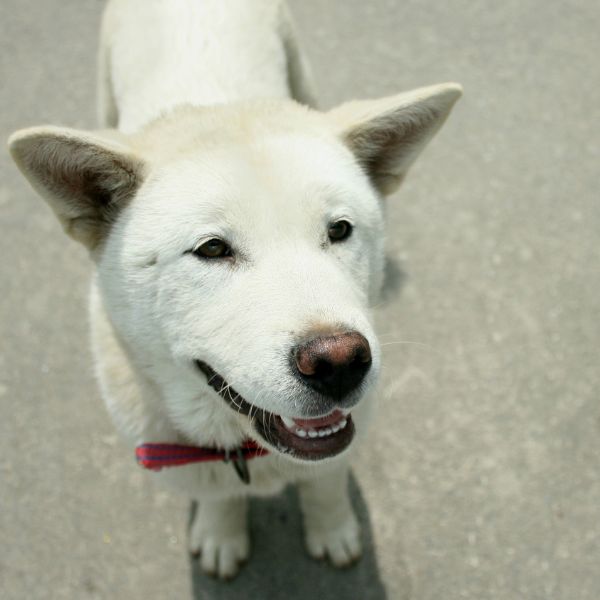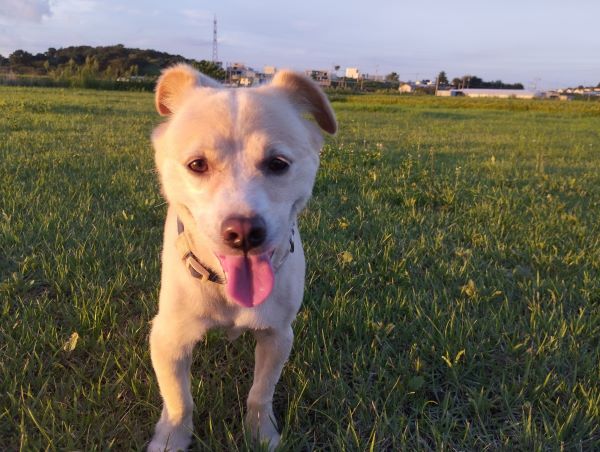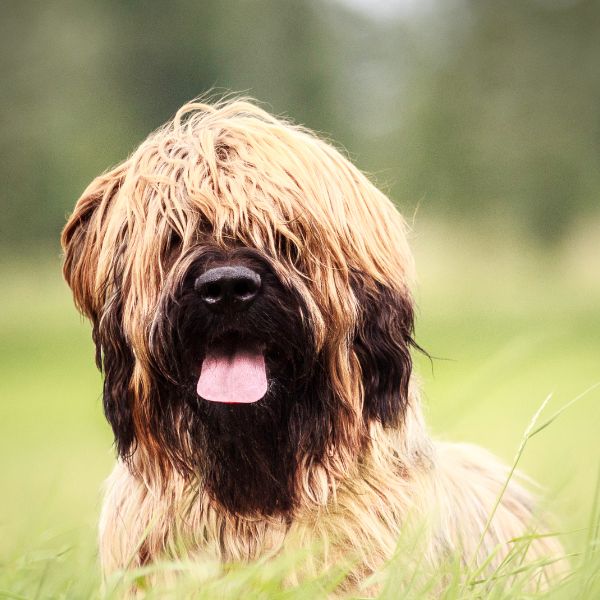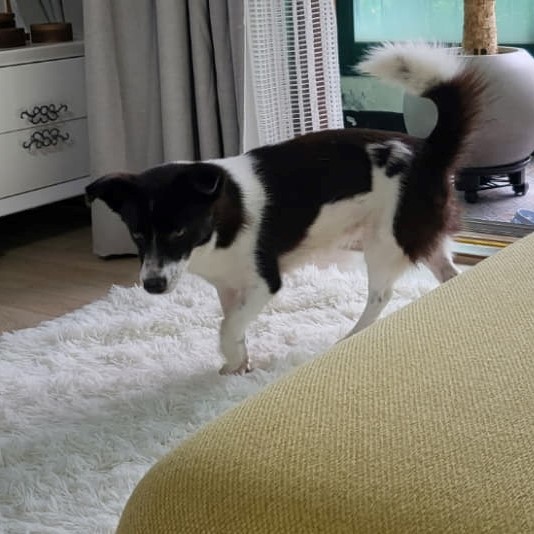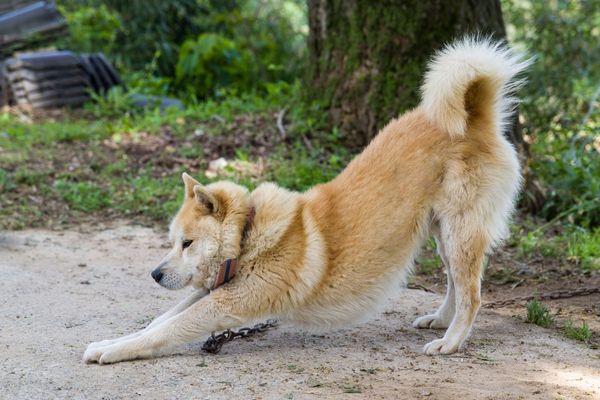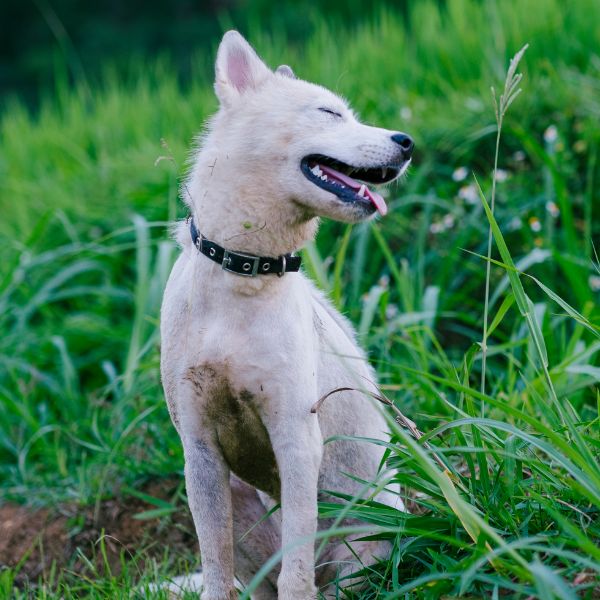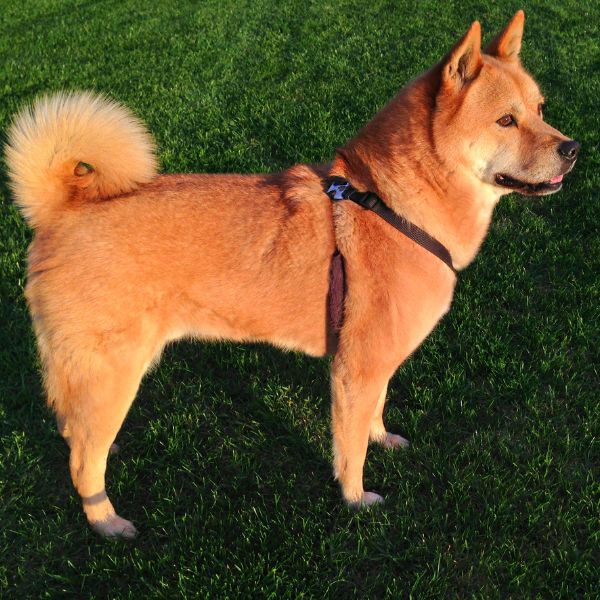What is the life expectancy of a jindo
Jindo’s Life Expectancy and Comparison to Other Dog Breeds
When it comes to the life expectancy of Jindos, they are known to be a healthy and long-lived breed. Generally speaking, Jindos can live between 12 to 14 years, and there have even been cases where they reached the impressive age of 18. This is quite remarkable for a relatively large dog breed like the Jindo.
In comparison to other dogs of comparable size, such as German Shepherds or Labradors, Jindos tend to have a longer life expectancy. These breeds typically live between 10 to 12 years. The Jindo’s longer lifespan can be attributed to their overall health and genetic makeup, which sets them apart from many other breeds.
Jindo’s Health and Natural Selection
Jindos, as a breed, are known for their good health. They have relatively few health issues, and the ones they do experience are usually not serious. One of the reasons behind their robust health is their history as working dogs. In the past, Jindos were utilized as guard dogs and hunting dogs, leading relatively tough lives.
Unlike many other breeds, Jindos did not undergo extensive selective breeding. They were free to roam, socialize, and select their own partners. They had to defend their homes from roaming predators and even the occasional tiger. This lack of selective breeding allowed only the strongest and healthiest Jindos to survive and pass on their genetics. As a result, the breed has maintained its health and vitality throughout the years.
Jindos and their Natural Diet
Historically, Jindos typically received minimal food from their owners, so they had to hunt for their own subsistence. This self-sufficiency in finding food has contributed to their strong stomachs and non-fussy eating habits. While most Jindos are not picky eaters, there can always be exceptions. Some Jindos, like my own, might have a sensitive stomach or specific food preferences.
For instance, one of my Jindos has a particular fondness for cheese, I suspect he really enjoys the high fat content. While it’s not common, individual Jindos can develop unique dietary preferences or sensitivities. It’s important to pay attention to your Jindo’s dietary needs and provide them with a balanced and nutritious diet to ensure their overall health and well-being.
Jindos and Climate Adaptability
Jindos are known for their hardiness and adaptability to different climates. In their native Korea, they are accustomed to hot and humid summers as well as bitterly cold winters. Their coats are generally healthy and well-suited for their environment. They have a thick double coat that helps them regulate their body temperature and protects them from the elements.
Jindos rarely suffer from skin issues, but there are a couple of conditions that can affect them. One such condition is discoid lupus, which is a chronic autoimmune disease that primarily affects the skin. Another condition that can occur in Jindos is Hypothyroidism, which is a hormonal disorder. It occurs when the thyroid gland does not produce enough hormones, leading to various symptoms such as weight gain, fatigue, and hair loss. It’s important to monitor your Jindo’s health and seek veterinary care if any concerns arise.
Jindos’ Dental and Eye Health
When it comes to dental health, Jindos are known for their strong teeth. They have a robust dental structure that allows them to chew and bite effectively. In fact, my own Jindo-cross had a tooth infection, and the vet mentioned that removing the tooth was more challenging than dealing with a fully grown Labrador’s tooth.
In rare cases, Jindos may also encounter eye issues. I once encountered a young female Jindo with Ocular proptosis, a condition where the eye protrudes from its socket. While she lost sight in that eye, it eventually healed. Eye issues are relatively uncommon in Jindos, but it’s always essential to keep an eye on their overall eye health and seek veterinary attention if any concerns arise.
Conclusion
In conclusion, Jindos are a healthy and long-lived breed of dogs. Their life expectancy is higher compared to other breeds of similar size. Their good health can be attributed to their history as working dogs and the lack of extensive selective breeding. Jindos have a strong stomach and are generally not fussy eaters, although individual preferences and sensitivities may exist. They are hardy and adaptable to various climates, and their coats are generally healthy. While they may encounter certain health issues such as discoid lupus or hypothyroidism, overall, Jindos are known for their robust health and vitality. It’s important to provide them with proper care, nutrition, and regular veterinary check-ups to ensure their well-being and longevity.
As veterinarian Dr. Park explains, “Jindos have a unique genetic makeup and natural resilience that contribute to their overall health. With proper care, they can live long, healthy lives as beloved companions.”
